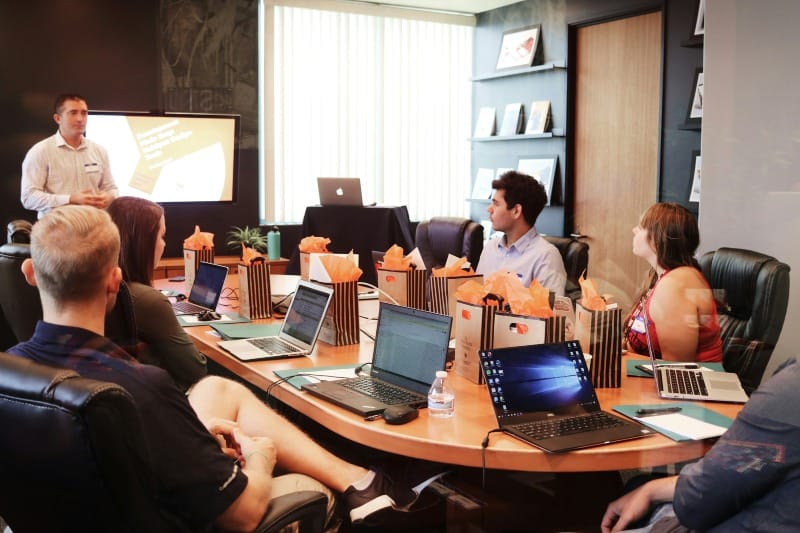Adapt or Elevate: The New Rules of Professional Value

Two contrasting voices are converging on the same reality: in the age of AI, neutrality is extinction.
Accenture CEO Julie Sweet made waves by stating employees who can't be reskilled in Generative AI will be "exited." The language is stark, but the truth beneath it is clear: professional value now hinges on capability, not tenure. What you can deploy matters more than how long you've been in the room.
Meanwhile, Deloitte's Chief Futurist Mike Bechtel reframes AI as a "Trojan horse for elevation." Automation clears the repetitive groundwork—the "muck"—so humans can focus on what machines can't replicate: creativity, empathy, and the invention of what comes next.
The Choice: Contract or Expand
- Accenture's signal: Upskilling isn't optional. It's survival.
- Deloitte's opportunity: AI doesn't just cut costs. It creates space to reimagine what professional work can become.
Firms that deploy AI to do yesterday's work faster will shrink. Those that use it to build "next practices" will lead.
Breadth Is the New Depth
Bechtel argues that machines dominate narrow expertise, but humans excel at connecting disparate ideas. The polymath, the integrator, the person who asks the right question—this is where differentiation now lives.
Pair that insight with Sweet's mandate, and the picture sharpens: depth alone won't save you. Adaptable breadth, powered by AI fluency, is the new baseline.
The Consulting Model Under Strain
Accenture's pivot exposes a tension: clients resist paying for consultants to "learn on their dime," while AI erodes traditional advisory margins. The old billable-hour model is under siege.
Bechtel offers a counterpoint: consultants as participant observers. With one foot inside the system and one foot outside, they still deliver pattern recognition and perspective—especially when paired with AI-driven speed. But the role must evolve or it will evaporate.
Where the Real Opportunity Lives
Between Accenture's urgency and Deloitte's optimism lies uncharted ground:
The execution gap. Large firms pitch transformation but struggle with delivery. Smaller, AI-native teams can compress timelines from weeks to hours and close the last mile between strategy and implementation.
The trust gap. As AI-generated content floods every channel, cryptographic verification—"in math we trust"—will become the new foundation of credibility and proof.
The IT transformation. IT departments once seen as cost centers must become growth engines, fluent in both technology and business strategy.
The Call for Individuals
This isn't just a corporate story. The window for professionals remains open—but it's closing. The gap between AI experts and everyone else is smaller than you think, and it won't stay that way.
The question is direct: Are you learning to work with intelligent systems, or waiting to be disrupted by them?
AI doesn't just remove work. When leveraged intentionally, it elevates the human role to strategy, connection, and creation. Accenture enforces the mandate. Deloitte frames the opportunity. Together, they mark the contours of a new professional contract: adapt and elevate—or risk irrelevance.
What This Means for You
Consider these three moves:
- Audit your skillset. What percentage of your work could be automated today? What percentage requires human judgment, creativity, or relationship-building?
- Build AI fluency now. You don't need to become an engineer. You need to become conversational—comfortable prompting, evaluating outputs, and integrating AI into your workflow.
- Cultivate breadth. Find the adjacent disciplines that intersect with your expertise. The future belongs to connectors, not specialists in isolation.
The firms and professionals who treat this moment as permission to reinvent will thrive. Those who treat it as a threat to defend against won't.
What's your next move?

